I wrote this article in Japanese and translated it into English using ChatGPT. I also used ChatGPT to create the English article title. I did my best to correct any translation mistakes, but please let me know if you find any errors. By the way, I did not use ChatGPT when writing the Japanese article. The entire article was written from scratch by me, Saikawa Goto.
Introduction
Movies and books covered in this article

Three takeaways from this article
- That’s like building a house without building a toilet.
- The UK, which was the repository of the world, and disturbances in Australia, where nuclear power plants do not exist.
- Japan’s method is a “world first.”
Self-introduction article


Published Kindle books(Free on Kindle Unlimited)
“The genius Einstein: An easy-to-understand book about interesting science advances that is not too simple based on his life and discoveries: Theory of Relativity, Cosmology and Quantum Theory”
“Why is “lack of imagination” called “communication skills”?: Japanese-specific”negative” communication”
The quotes used in this article are based on notes taken at the movie theater from movies in Japanese and are not direct quotes from the foreign language original movies, even if they exist.
“Nuclear Waste” From Nuclear Power Plants is a Challenge that Must be Solved by All Humanity
A Movie Depicting People Who are Addressing the Problem of “Nuclear Waste”
This movie portrays people from all over the world who are involved in the issue of “nuclear waste.”
I learned from watching the movie that even countries without nuclear power plants cannot be completely disconnected from this “nuclear waste.” It is truly a problem that must be taken seriously.
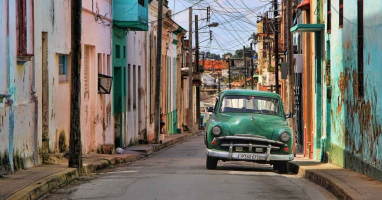
Every country in the world has not yet decided on a final disposal site for nuclear waste. Although there are places called “interim storage” where it is temporarily stored (in Japan, Rokkasho Village, Aomori Prefecture is such a place), there is no place decided to dispose of it finally. In the movie’s narration, it was said as follows, and I felt exactly the same way.
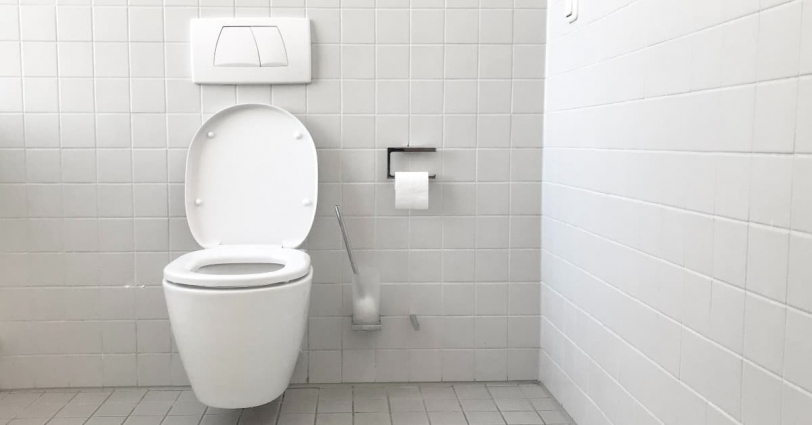
When building a house, a toilet must always be installed.
Indeed, humanity has built houses without deciding where to install toilets, and has not been able to install toilets to this day.
Various people are trying to deal with such a situation, and this movie depicts their efforts.

However, the people who appear in the film have various opinions. Charles McCombie, a nuclear physicist who is frequently featured in the movie, repeatedly advocates for the need for nuclear power plants, stating,
I am concerned about the current situation where countries around the world are promoting anti-nuclear power policies.
While there may be different opinions about his beliefs, everyone should agree with the following idea he expressed:
Even if we stop using nuclear power now, the issue of nuclear waste disposal will continue to exist.
It is said that “nuclear waste” takes hundreds of thousands of years to reach a safe state where it no longer emits radiation. There are already hundreds of thousands of tons of nuclear waste in the world. Even if all the nuclear power plants in the world were shut down right now, we would still have to figure out what to do with this huge amount of nuclear waste.
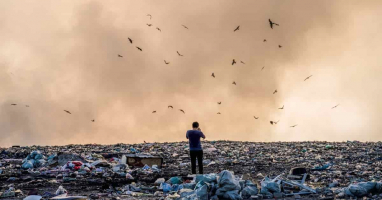
There are various opinions on whether people are for or against nuclear power plants, but everyone in the movie is trying to confront “nuclear waste” based on their beliefs.
Britain was Once the Dumping Ground for the World’s “Nuclear Waste”
I was most surprised to learn from the movie that Britain used to be the world’s disposal site for “nuclear waste”.

In the past, Britain collected nuclear waste from all over the world. I think there was a time when Japan’s nuclear waste was processed in Britain, but I don’t know the details and the movie didn’t cover that. At the time, the system used by Britain was great for countries that owned nuclear power plants.
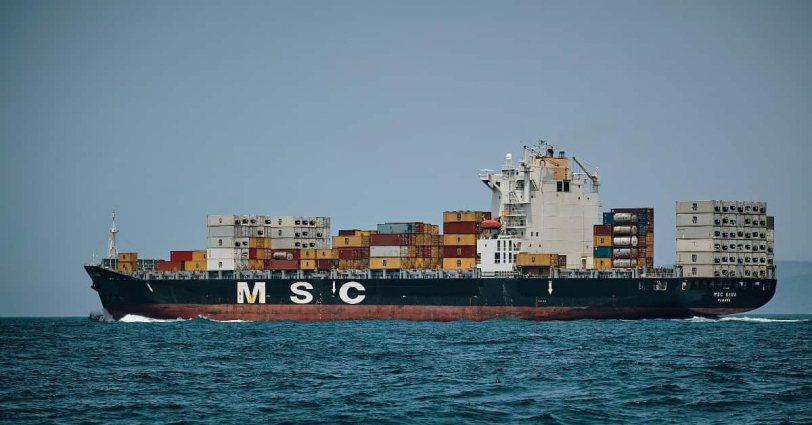
They would send their spent nuclear fuel from their own nuclear power plants to Britain. It would be processed there and only the plutonium would return to their own country. However, the nuclear waste remained in Britain under this method.
This was probably done not by the government, but by a single company. As a company, they probably thought, “Let’s make money by collecting spent nuclear fuel from all over the world and charging disposal fees, and deal with the nuclear waste problem later.”

If Britain would take nuclear waste, it would be nice, so Switzerland also decided to have nuclear power plants. However, the decision was made on the premise that “Britain would take nuclear waste forever.”
However, suddenly in 1976, the situation changed when the British government announced that they would prohibit the previous disposal method. Countries that had relied on Britain for the disposal of spent nuclear fuel were forced to dispose of it on their own. Switzerland was also affected by this decision and the government invited McCombie, whom I mentioned before, to select a safe disposal site.

Initially, the Swiss government had stated that if a site for the disposal facility was not selected within five years, the operation of the nuclear power plant would be stopped. However, the standards were relaxed every year, and the plant has continued to operate to this day.
Although it was not mentioned in the movie, if Britain had not pursued the aforementioned approach, Switzerland might not have ventured into nuclear power plants.

Australia, Without Nuclear Power Plants, is Also Involved
It seems that Australia does not have nuclear power plants, but somehow they couldn’t avoid being involved in the issue of “nuclear waste.”
First of all, the final disposal site for nuclear waste requires a large area of flat land where its height difference within a radius of 100 km is within 5 m. And it was Australia that was considered suitable for meeting those conditions.
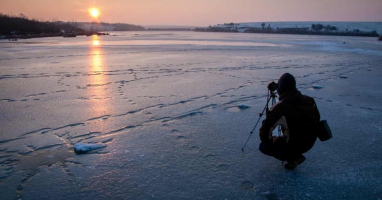
An investigation plan called the “Pangea project” was secretly developed by a British company, which contributed a large amount of funds to select a disposal site candidate in Australia. However, the documentary footage of this plan was leaked to environmental groups. As a result, a large-scale opposition movement occurred within Australia, and the plan was aborted.
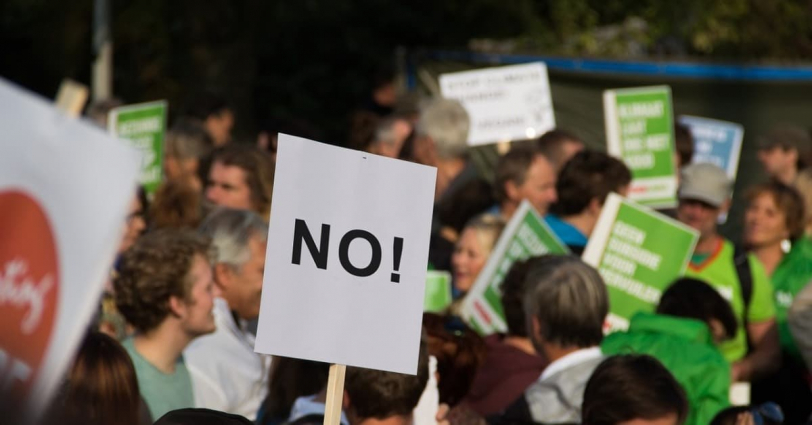
If the documents had not leaked, it is unknown what would have happened, but it might have resulted in a situation where countries without nuclear power plants were forced to accept nuclear waste. It’s a scary story.

About China, Sweden, and Japan
While the world struggles to find a final disposal site for nuclear waste, China approved the construction plans of nuclear power plants even by revising laws. It is unclear from the movie if there were nuclear power plants in China before the law revision, but I felt that there would not be any.
Furthermore, it is reported that plans are underway to construct a total of 58 nuclear power plants in China, 40 of which will be completed by 2020, and the remaining 18 will follow later. These nuclear power plants will generate about 86,000 tons of nuclear waste over their lifespan of 60 years. It is an enormous amount.
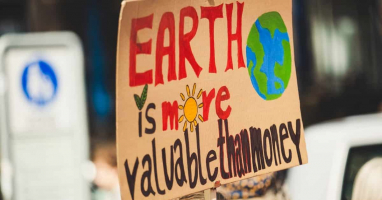
China, which has vast land, is considering a plan to build a disposal site in the Gobi Desert. There are people living there, but China may push them aside to build it. I don’t necessarily agree with China’s approach, but I also feel that a democratic approach may not be able to solve the problem of nuclear waste. Therefore, I ended up considering that there may be no other way but to enforce its approach like China.
Now, as for Sweden, there is a town that volunteered as the world’s first final disposal site. The mayor of that town also appeared in the movie.

The mayor said,
I raised my hand because I was interested. The important thing is that it’s a completely voluntary process. I’m not being forced. I could also hold a meeting even today and say that I’m withdrawing from candidacy.
In other words, he thought, “What would happen if I raised my hand?” It’s true that he won’t be forced just because he raised his hand, and he can actually see how the process will proceed. Plus, they’ll get the title of “the first city in the world to stand as a candidate for the final disposal site.” It feels like they made an interesting decision. But in Japan, they would be criticized just for raising their hand, so it would be difficult to do the same thing.

So, the nuclear physicist McCombie once said something like “Japan’s way is the world’s first.” What’s world’s first is that “the decision on the final disposal site is left to the candidacy of local governments.” I didn’t know this way was the “world’s first” because I only knew about Japan’s situation.

It’s hard to understand if you only know about Japan’s situation, but in a movie, Switzerland was explained as having “taken away the veto power of municipalities.” In other words, in Switzerland, if the government decides “to build it here,” the local government does not have the right to say NO.
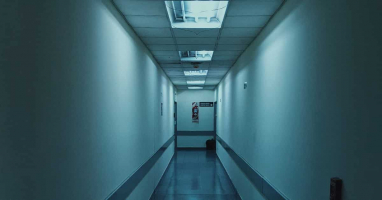
Just hearing that might make you feel like it’s a really overbearing way of doing things. However, disposing of nuclear waste involves some pretty strict constraints. I mentioned the condition of “flat, wide land” in the example of Australia, but other, they also have to select a place where they believe there won’t be ground subsidence due to earthquakes or disasters. In order to safely store it for hundreds of thousands of years, it is an absolute condition that the geological layer does not change significantly for that same amount of time.
And the smaller the country’s land area, the more limited the land that meets such conditions is. In that case, Switzerland’s decision to “take away the veto power of local governments” may feel inevitable, but at the same time, I feel I wonder if “Japan where leave the matter to the candidacy of the local government” has any prospect for a solution.
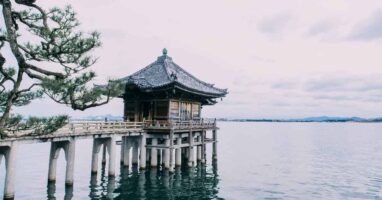
My Opinion on Nuclear Power Plants
Lastly, I would like to share my personal opinion on nuclear power plants.
During the Great East Japan Earthquake, I felt that I was in favor of the technology of nuclear power plants, but against the management body. Although I am not well-versed in the details of nuclear technology, I believe that it can be controlled with a high degree of safety from a scientific perspective. And I think that the tragedy of the Fukushima Daiichi nuclear accident was caused by the arrogance and negligence of the company Tokyo Electric Power (excluding on-site workers).

And that is why I take an opposing stance against nuclear power plants. I believe it’s impossible for a “human organization” to manage a nuclear power plant unless it is entirely run by AI.
However, to assert that “I’m against nuclear power plants,” we need to accept some level of inconvenience. In other words, we have to let go of the environment where “electricity is available anytime we want.”
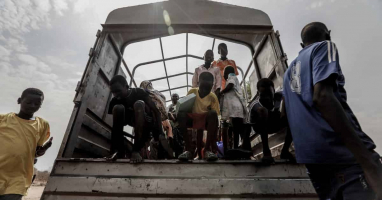
And I think that humanity has no choice but to move in that direction. At least until revolutionary natural energy sources are widely put into practical use.

We can’t be completely free from the problem of “nuclear waste” just by “enjoying a convenient life as usual”. Our convenient life is built on the electricity generated by nuclear power plants.
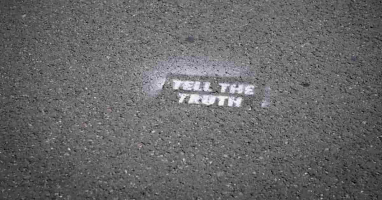
Therefore, we must continue to be interested in it.
Conclusion
It would be great if nuclear waste could be disposed of in space, but if a rocket carrying nuclear waste were to explode, it would be a disaster worldwide. It seems impossible without a means of transportation to space that has a 0% chance of explosion.
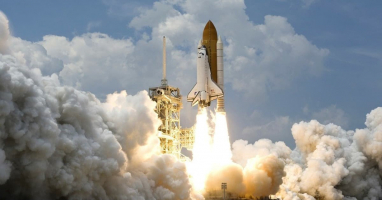
So, we have no choice but to handle it domestically.
This is not directly related to the nuclear power plant issue, but I feel like there are more and more “places where no one lives” in Japan’s rural areas. I think local governments are moving in a direction of trying to keep residents living in a compact area and reduce various costs. Considering that Japan’s population is expected to continue to decline, I think there will be quite a few places that become “places where people don’t live as a result” over time.
I think we have no choice but to choose a final disposal site from among such places.

Published Kindle books(Free on Kindle Unlimited)
“The genius Einstein: An easy-to-understand book about interesting science advances that is not too simple based on his life and discoveries: Theory of Relativity, Cosmology and Quantum Theory”
“Why is “lack of imagination” called “communication skills”?: Japanese-specific”negative” communication”

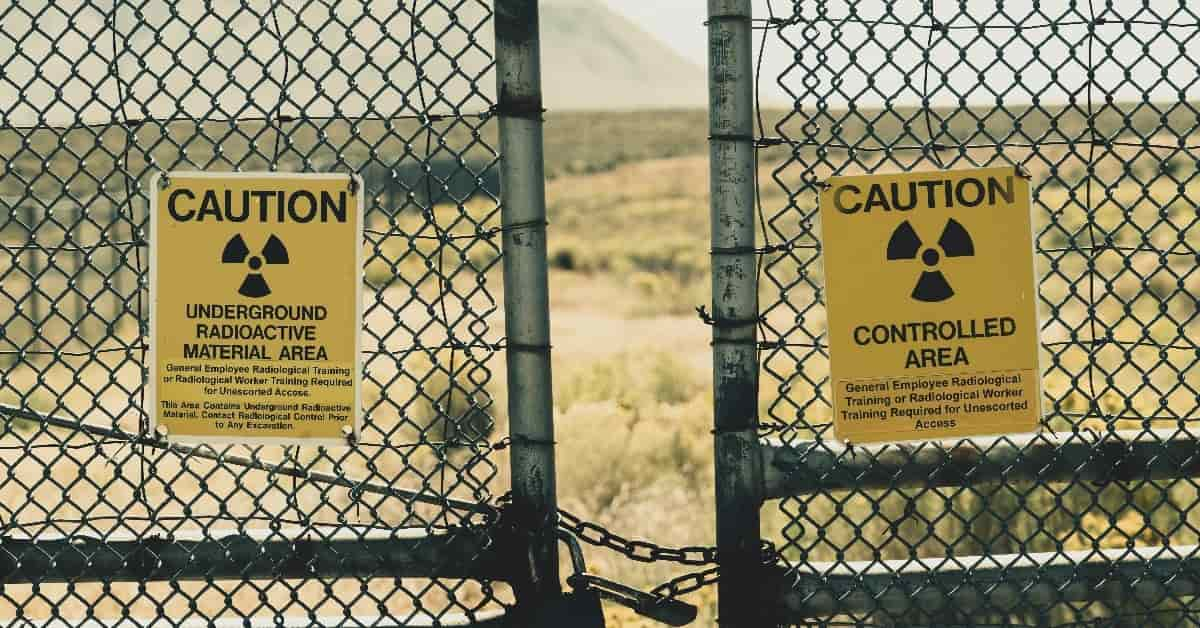





コメント